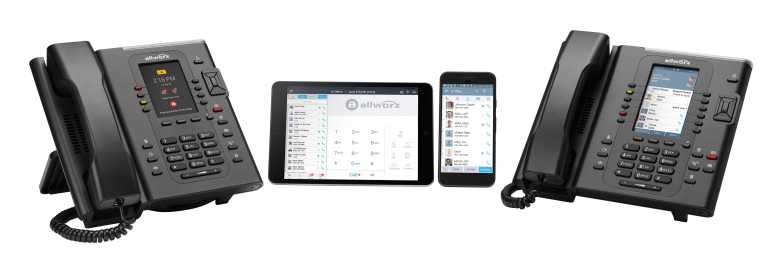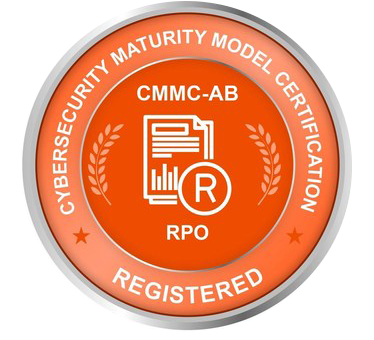Unless you’re still using a landline phone, chances are that you’re likely using a softphone right now. What are softphones? They’re Voice-over IP (VoIP) enabled phones that allow the user to make telephone calls over the Internet via a computer.
With a softphone, organizations can also take advantage of features that enhance functionality, access to applications, and much more. But these are just a few of the many advantages.
Here are our top 5 advantages of using softphones:
1. Connect traveling employees
With VoIP, connecting employees that are mobile becomes that much easier. Employees can communicate with team members or clients by using the same phone number as they would at their desk in the office. Having location-independent contact information makes keeping connected and taking calls on the road seamless. Call-forwarding enables your softphone to automatically routes calls to your business number to any number of devices you might be carrying with you on the road.
2. Lower maintenance, less disruption
Desk phones can be expensive to install and maintain. If you want to move a landline, you have to call the phone company to have it installed somewhere else. In addition, if your company decides to move to a bigger office, installing and moving landlines can become a hassle. With business VoIP phone systems, the software is installed on a computer and doesn’t have to be rerouted after a company moves offices or even during employee travel.
3. Connect your business
No matter what industry you’re in, presenting a unified face to clients, customers, or business partners is important for any company. You want your business to put their best foot forward when communicating with outside relationships. Your business contacts only need to remember one number in order to contact you in the office, on the road, or at your home office.
4. Save money
Traditional landlines require a general operating fee in order to keep the service. With softphones, a company pays for bandwidth instead of minutes. Local calls on your VoIP software are often free, and long-distance can be cheaper than it would be if you used a traditional desk phone. For just a flat monthly rate that covers your data usage, you can make client calls and keep in touch with business partners across the country or across the world, saving money in phone charges in the long run.
5. Other useful features
The other benefits that come with using VoIP softphones include all the extra features that help keep things running smoothly. The software is comprised of capabilities that include creating transcripts of voicemails and forwarding those scripts to your email and even sending bandwidth reports to you to track data usage and employee productivity.

Interested in learning more? Check out our Telecommunications page. Have any other benefits you’ve seen by using a softphone? Let us know in the comments section below!
Summit Business Technologies has decades of experience offering technical and business consulting support. We provide a range of technology solutions to help businesses and organizations run more efficiently and communicate more effectively. We support the Mid-Atlantic region including DC, Baltimore, Annapolis, and Northern Virginia.










